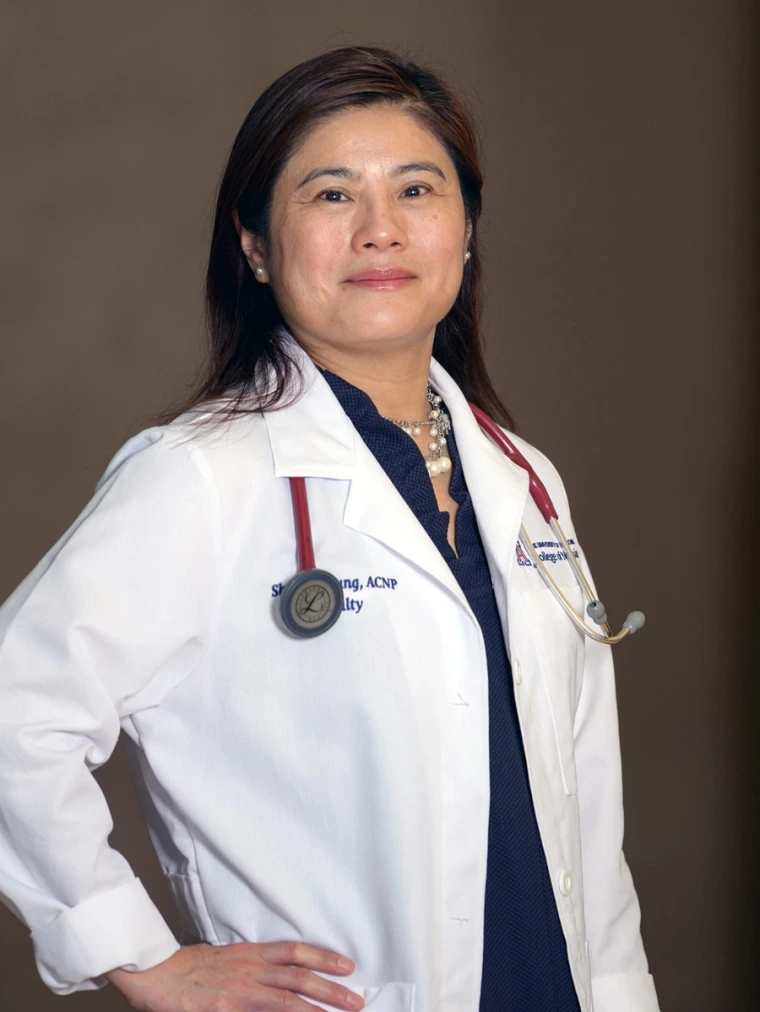Shu-Fen Wung
Semiconductor applications enable real-time, reliable health monitoring technologies that align with my work on improving patient outcomes through technology-enabled care.
Semiconductor technologies play a crucial role in developing and implementing modern health technologies, covering both medical-grade and consumer-grade applications. This significance is particularly evident in my work, especially in personalized monitoring across various care settings, underscoring the importance of precise, real-time physiological data.
Semiconductor-based components are essential for the core functions of many health monitoring devices, as they power advanced sensors, low-power microcontrollers, and wireless communication systems. In critical care environments, where I focus on improving patient outcomes through technological innovation, semiconductors enable continuous monitoring systems. These systems capture high-fidelity physiological signals, which support the early detection of clinical deterioration.
Medical-grade devices, such as electrocardiogram monitors, ventilators, and bedside telemetry units, rely on semiconductors for vital signal acquisition and processing. These functions are crucial for ensuring accurate assessments and facilitating timely interventions.
Consumer health technologies, including smartwatches and fitness trackers, use increasingly sophisticated semiconductor chips to support multi-modal sensing, such as heart rate, oxygen saturation, and activity tracking, as well as cloud integration and AI-powered analytics. The convergence of these capabilities aligns with my vision of more responsive, patient-centered care, particularly as remote monitoring becomes increasingly important in managing chronic and acute conditions.
Advancements in semiconductor fabrication, such as developing low-power, high-density chips, and system-on-chip (SoC) architectures, enhance the portability and usability of health technologies across diverse settings. These innovations facilitate scalable deployment in hospitals, clinics, and home-based care, making high-quality monitoring more accessible and continuous.
The semiconductor industry not only fosters technological innovation but also transforms care delivery methods. This closely aligns with the patient safety and nursing priorities emphasized in my research and clinical practice. The intersection of semiconductor innovation and health technology significantly supports my contributions to nursing care. The real-time, reliable, and increasingly wearable nature of monitoring tools enabled by semiconductors reflects my vision of technology-enhanced, evidence-based nursing practices aimed at improving patient outcomes across the continuum of care.
Degrees
- PhD, Nursing, University of California, San Francisco
- MS, Nursing, University of California, San Francisco
Licensure & Certification
- Acute Care Nurse Practitioner - Board Certified
- Fellow of American Academy of Nursing (FAAN)

